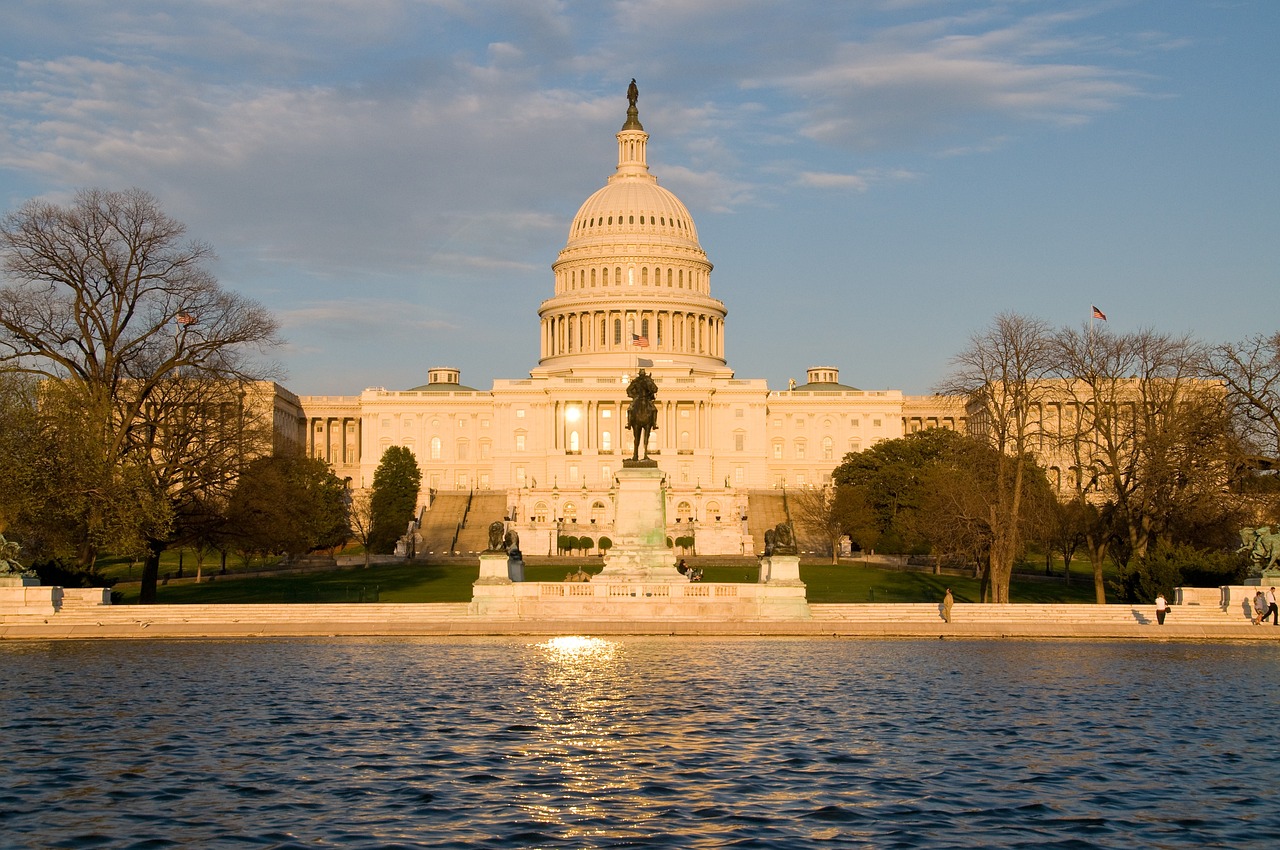Energy Efficiency Is A Slam Dunk for the EE Eight
Let's Save Energy
Alliance to Save Energy's Blog
Energy Efficiency Is A Slam Dunk for the EE Eight

The NCAA tournament has already been chockfull of upsets, Cinderella stories, and would-be court-rushing wins. With the tournament now into the Elite Eight round, the Alliance is pleased to present its EE Eight, which pays homage to the powerhouse energy efficiency moves of the hometowns making up our EE bracket.
Gainesville, FL- University of Florida
Gainesville has been working since 2006 to improve energy standards and environmental sustainability with city-wide initiatives. The city has focused on energy efficiency efforts particularly by working to save residents money through rebates and tax incentives.
- Gainsville Regional Utilities (GRU) offers Low-income Energy Efficiency Programs (LEEP) to encourage the adoption of EE practices and on average, households receive $3,200 for approved upgrades.
Dayton, OH- University of Dayton
Dayton is dedicated to making sustainability a top priority. From adopting LED traffic lights and earning a bike-friendly city status, to using stimulus funds to increase energy savings, Dayton is definitely a force to reckon with on our EE Eight.
- Teaming up with Honeywell, Dayton has an initiative to modernize buildings with energy-saving lights and HVAC systems saving the city $400,000 a year in energy costs.
- The city’s Dayton Regional Green 3 (DRG3) Program has local businesses reducing their energy use and earning a local green certification. This encourages businesses to meet the energy standards set by the program saving both money and energy resources.
Charlottesville, VA- University of Virginia
The University of Virginia campus is often considered one of the most beautiful in the country, and the city of Charlottesville is no different. With picturesque streets and a location nestled in the Blue Ridge Mountains, the city is working to add most sustainable to its mantle. Part of this initiative is a LEED-certified downtown transit station that will use 30% less electricity than a conventional station.
- At the end of April the city plans to begin work on a mini-grant program set to build a publically-accessible EV charging network for residents of the city. Charlottesville also recently remodeled a historic house using energy efficient practices. Inspired by the city’s Local Energy Alliance Program (LEAP), the house will be open to the public as a model of how residential energy efficiency can be achieved in the city.
Ames, IA- Iowa State University
You may not think of Ames, Iowa when you think of energy efficiency, but the city is anything but a newcomer. Businesses in Ames are able to join the Mayor’s Green Team, encouraging the adoption of efficient practices.
- The city of Ames developed a comprehensive program, EcoSmart, to help reduce energy consumption and educate residents about other sustainable practices such as water conservation, and transportation efficiency.
Tucson, AZ- University of Arizona
Tucson is dedicated to improving the city’s energy efficiency and educating its citizens about the actions they can take to lower their energy use. The city website provides resources for energy efficiency, green buildings, and green jobs. You can navigate through tips for individual actions, neighborhood collaboration, regional issues and bigger picture issues.
- Since the 1990s, all new city buildings in Tucson have met the Sustainable Energy Standards and since 2006 they have been LEED silver certified. Tucson has also been working retroactively to improve energy efficiency within all existing buildings.
Madison, WI- University of Wisconsin
Madison has a vision to create a town with sustainable approaches to energy. By 2050, Madison plans to reduce carbon dioxide emissions by a whopping 80%. Some of the major goals in their plan include:
- Upgrading existing buildings to reduce overall energy use by 50%. This includes taking a portion of each city department’s budget and putting it toward improving efficiency methods, as well as entirely retrofitting at least one city building per year.
- Engaging the city in public energy efficiency programs through marketing, media, and public outreach including a series of special action days and developing an energy consumption feedback system between local utility companies and the City of Madison Assessor’s Office.
Louisville, KY- University of Louisville
Louisville is making big strides in sustainability. From creating a city-wide sustainability plan to attracting and promoting green industry jobs, Louisville is looking to maintain a lasting economic and environmental plan.
In 2010, Louisville began work on updating 24 existing city buildings that will save a total of $693,000 annually for the city once completed; and, in 2013 Louisville developed and published the city’s first sustainability plan, Sustain Louisville.
Ann Arbor, MI- University of Michigan
Last but not least, we round out our EE Eight in Ann Arbor, Michigan. The University of Michigan has been a powerhouse in the NCAA for many years, and Ann Arbor is no different off the court. Ann Arbor’s dedication to green living recently helped the city achieve a “Top Medium-Sized Cities” credential by the Natural Resources Defense Council’s Smarter Cities initiative.
- In 2000, Ann Arbor began replacing all street lights with LEDs - benefitting the city with huge savings from the outset.
- Ann Arbor also developed its Green Energy Challenge in 2006, which states that clean energy must account for 20% of city wide and municipal energy usage by 2015.
Learn more about Ann Arbor’s energy efficiency practices taking place and planned for the future during the live webcast of the Alliance’s Energy 2030 On the Road campaign event taking place Monday, March 31st from 8am-2:45pm EDT.
Do you live in one of these EE Eight cities? Tell us in the comments about the ways your city is incorporating energy efficiency into its plans.
Events Assistant Becca Rohrer contributed to this post.
RECENT BLOG POSTS
STAY EMPOWERED
Help the Alliance advocate for policies to use energy more efficiently – supporting job creation, reduced emissions, and lower costs. Contact your member of Congress.
Energy efficiency is smart, nonpartisan, and practical. So are we. Our strength comes from an unparalleled group of Alliance Associates working collaboratively under the Alliance umbrella to pave the way for energy efficiency gains.
The power of efficiency is in your hands. Supporting the Alliance means supporting a vision for using energy more productively to achieve economic growth, a cleaner environment, and greater energy security, affordability, and reliability.



